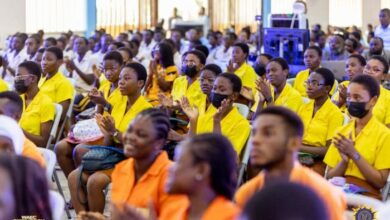Thousands gather for Ofie Market in Akuapem North
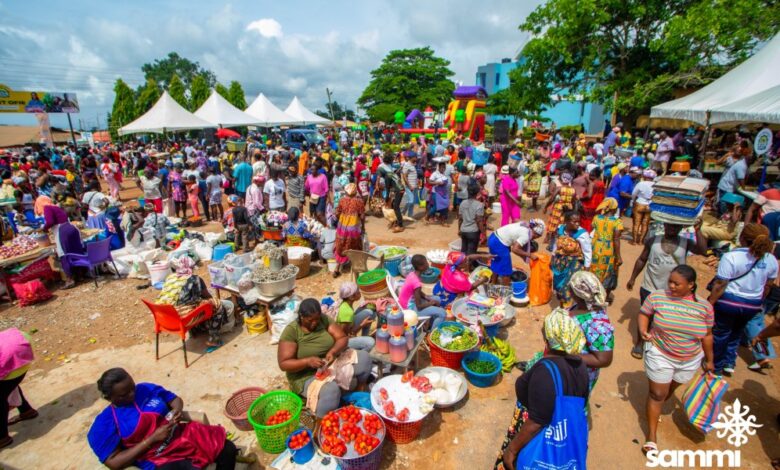
The sun rose early on Saturday, May 24, 2025, over the Amanokrom Durbar Grounds in the Eastern Region’s Akuapem North Constituency—but it wasn’t just the heat that stirred the air.
It was the rhythm of thousands of footsteps, lively market banter, and the rich aroma of freshly harvested produce.
Ofie Market 3.0 had arrived—and with it, a historic turnout.
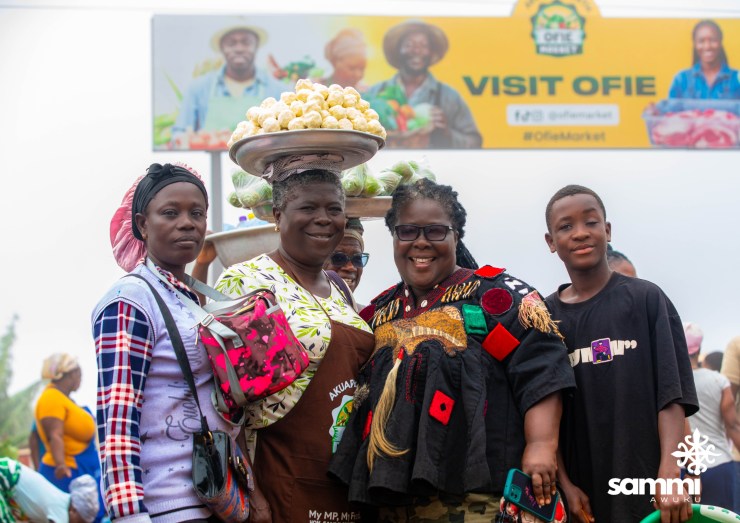
From the hills of Akuapem to the bustling streets of Accra, people from all walks of life descended on Amanokrom—not just for trade, but to support a growing movement aimed at restoring dignity and opportunity to Ghanaian farmers.
This was more than a market. It was a statement.
A vision sown on the campaign trail
Ofie Market was born out of a grassroots promise made by Akuapem North MP, Sammi Awuku, during his 2024 campaign. He vowed to address the long-standing struggles of local farmers—those plagued by post-harvest losses, limited market access, and middlemen who profited off their sweat.

“My dream,” Awuku declared in early 2024, “was to create a space where farmers could meet buyers directly, eliminate the middlemen, and keep the value of their labour.”
That dream took its first step in March 2025 with Ofie Market 1.0, held at the Amanokrom Community Centre Park. Over 500 farmers and 300 market queens participated, offering everything from cassava and garden eggs to dried fish and handmade crafts.
The response? Overwhelming. Sales boomed. Spirits soared. A movement had begun.
Rain or shine: The spirit of Ofie Market 2.0
By the time Ofie Market 2.0 rolled out on April 26, the initiative had already taken root. But it faced a baptism by rain—a sudden downpour tested both the resolve and resilience of participants.
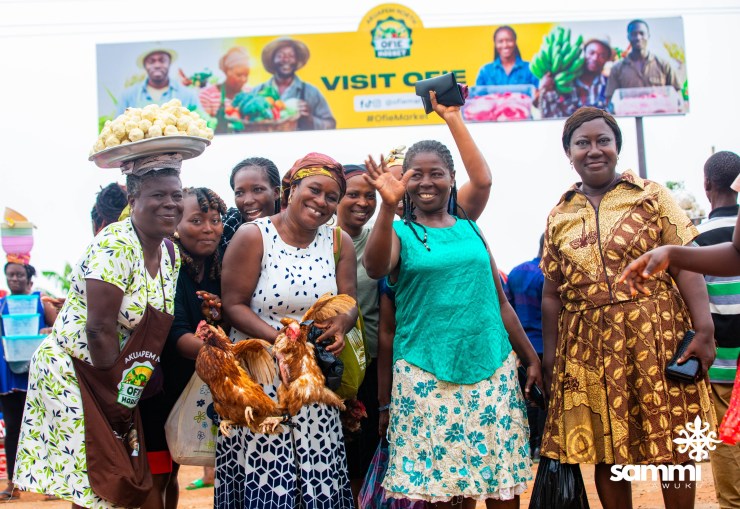
And they delivered.
Traders held firm. Shoppers stayed. The market grounds turned into a celebration of tenacity. “It was wet and wonderful,” one vendor said. “We sold out before noon.”
The rains proved what no press release could: Ofie Market had become a symbol of grit, unity, and revival.
A turnout like never before: Ofie Market 3.0
With Ofie Market 3.0, expectations were high—but the turnout exceeded imagination.
The Amanokrom Durbar Grounds transformed into a vibrant sea of commerce and culture. Thousands browsed stalls brimming with ripe plantains, palm oil, citrus fruits, shea butter, and more. Families, students, tourists, and dignitaries all mingled under the open sky.
“This is our market. This is our power,” said Akua Donkor, a tomato farmer from Obosomase. “For the first time, I set my own prices—and sold everything.”
Beyond buying and selling, the market pulsed with music, drumming, dance, and joy. Volunteers kept the grounds clean and secure. Youth groups assisted the elderly. It was as organized as it was spirited.
More than a market—a national model
What began as a local promise is now shaping into a national blueprint.
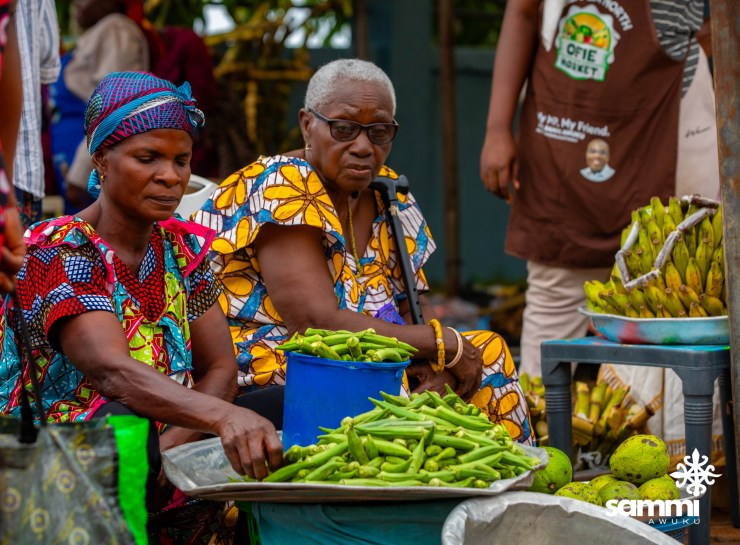
Organizers have revealed plans to scale the market through mobile versions to reach rural communities. Discussions are also ongoing with development partners to support cold storage, agro-processing facilities, and micro-loans to boost productivity.
A visibly moved Sammi Awuku shared, “Ofie Market is no longer just a project—it’s a permanent fixture. Our farmers are the backbone of the economy, and now the nation is beginning to see their true worth.”
Traditional leaders and community heads echoed the sentiment, hailing it as “a blessing to the land and the people.”
A future cultivated from hope
In just three months, Ofie Market has blossomed from an idea into a transformative model of economic empowerment. It’s not just about selling food—it’s about respecting farmers, strengthening communities, and rewriting the narrative of rural livelihoods.
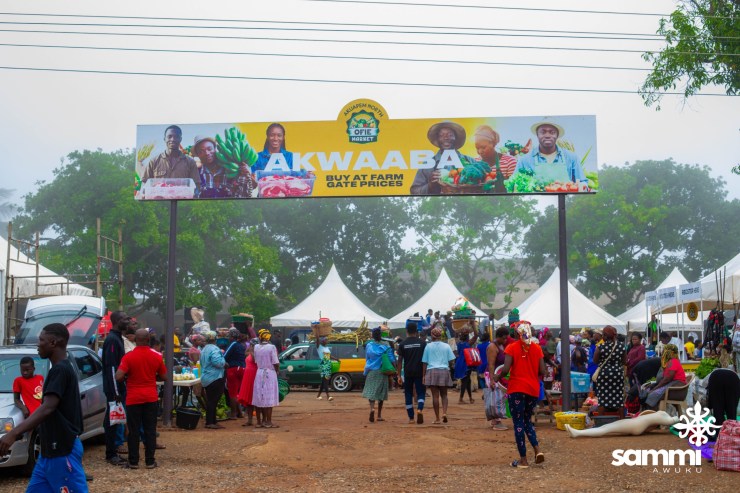
As the final goods were packed and the sun dipped behind the Akuapem hills, one message remained clear:
This is only the beginning.
“Ofie Market is our future,” said Yaw Owusu, a maize farmer who sold out before 2 p.m. “And we’re just getting started.”



